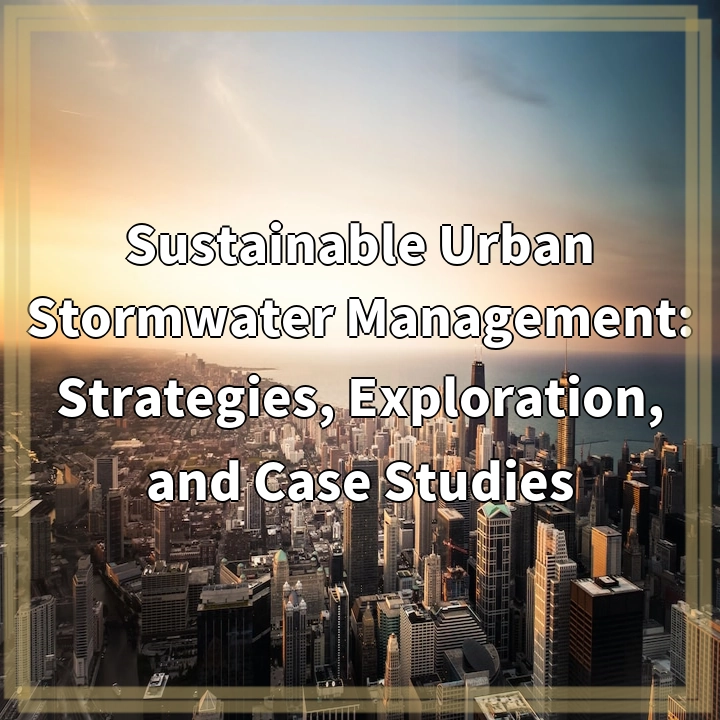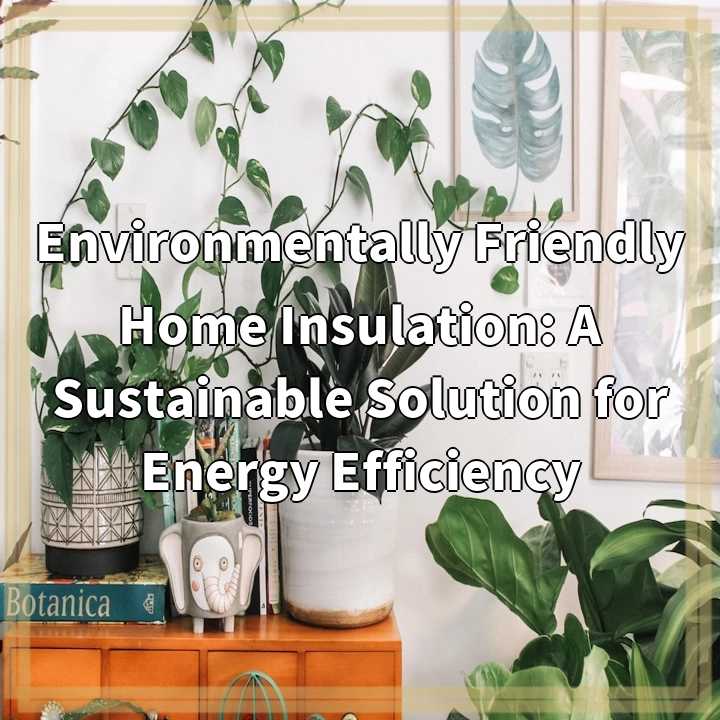
What is Sustainable Urban Stormwater Management?
Sustainable urban stormwater management refers to the approach of managing stormwater runoff in urban areas in a way that minimizes negative environmental impacts and maximizes the beneficial use of water. It involves implementing strategies and practices that mimic natural hydrological processes, reduce pollution, and enhance water quality.
Real-World Problems Associated with Sustainable Urban Stormwater Management
1. Urban Flooding
Urban areas often experience increased flood risks due to the high amount of impervious surfaces such as concrete and asphalt. These surfaces prevent rainwater from infiltrating into the soil, leading to excessive runoff that overwhelms the existing stormwater management infrastructure. Sustainable urban stormwater management aims to address this problem by promoting the use of permeable surfaces and green infrastructure to absorb and retain rainwater, reducing the risk of urban flooding.
2. Water Quality Degradation
Stormwater runoff from urban areas can contain pollutants such as oils, heavy metals, fertilizers, and bacteria. When this runoff enters water bodies, it can cause water quality degradation, harm aquatic ecosystems, and affect human health. Sustainable stormwater management practices focus on implementing filtration systems, constructed wetlands, and bioretention areas to remove pollutants from runoff before it reaches streams, rivers, and lakes.
3. Loss of Natural Habitat
The rapid expansion of urban areas often results in the destruction of natural habitats, leading to a loss of biodiversity. Sustainable urban stormwater management seeks to minimize this impact by incorporating green spaces, such as parks and green roofs, into urban design. These green spaces not only provide habitat for wildlife but also help in managing stormwater through infiltration and evapotranspiration.
4. Heat Island Effect
Urban areas tend to have higher temperatures compared to surrounding rural areas, a phenomenon known as the heat island effect. This effect is primarily caused by the abundance of concrete and asphalt, which absorb and retain heat. Sustainable stormwater management strategies aim to mitigate the heat island effect by incorporating green infrastructure that provides shade, reduces surface temperatures, and promotes evaporative cooling.
5. Infrastructure Overload
Traditional stormwater management systems, designed decades ago, are often unable to handle the increased runoff from urbanization and changing weather patterns. Sustainable urban stormwater management approaches offer innovative and cost-effective solutions to mitigate this issue. These solutions include green roofs, rain gardens, permeable pavements, and underground storage systems, which can better manage stormwater and reduce the strain on existing infrastructure.

Solutions for Sustainable Urban Stormwater Management
1. Green Infrastructure
Implementing green infrastructure, such as rain gardens, bioswales, and green roofs, helps to manage stormwater by allowing it to infiltrate into the ground, reducing runoff and preventing flooding.
2. Permeable Surfaces
Using permeable pavements and surfaces allows stormwater to pass through, promoting infiltration into the soil and reducing the strain on traditional drainage systems.
3. Rainwater Harvesting
Capturing and storing rainwater for future use not only reduces the volume of stormwater runoff but also provides a sustainable water source for irrigation, toilet flushing, and other non-potable purposes.
4. Constructed Wetlands
Building constructed wetlands can effectively filter stormwater, removing pollutants and improving water quality before it enters natural water bodies.
5. Education and Outreach
Increasing awareness and educating the community about the importance of sustainable stormwater management practices can encourage individuals and businesses to adopt environmentally friendly behaviors, such as proper waste disposal and use of rain barrels.
6. Policy and Planning
Developing and enforcing regulations and guidelines that prioritize sustainable stormwater management, integrating it into urban planning and development processes, can ensure long-term effectiveness and consistency.
7. Collaboration and Partnerships
Engaging stakeholders, including local governments, community organizations, and private sectors, in collaborative efforts can foster knowledge sharing, funding opportunities, and the implementation of large-scale sustainable stormwater management projects.















